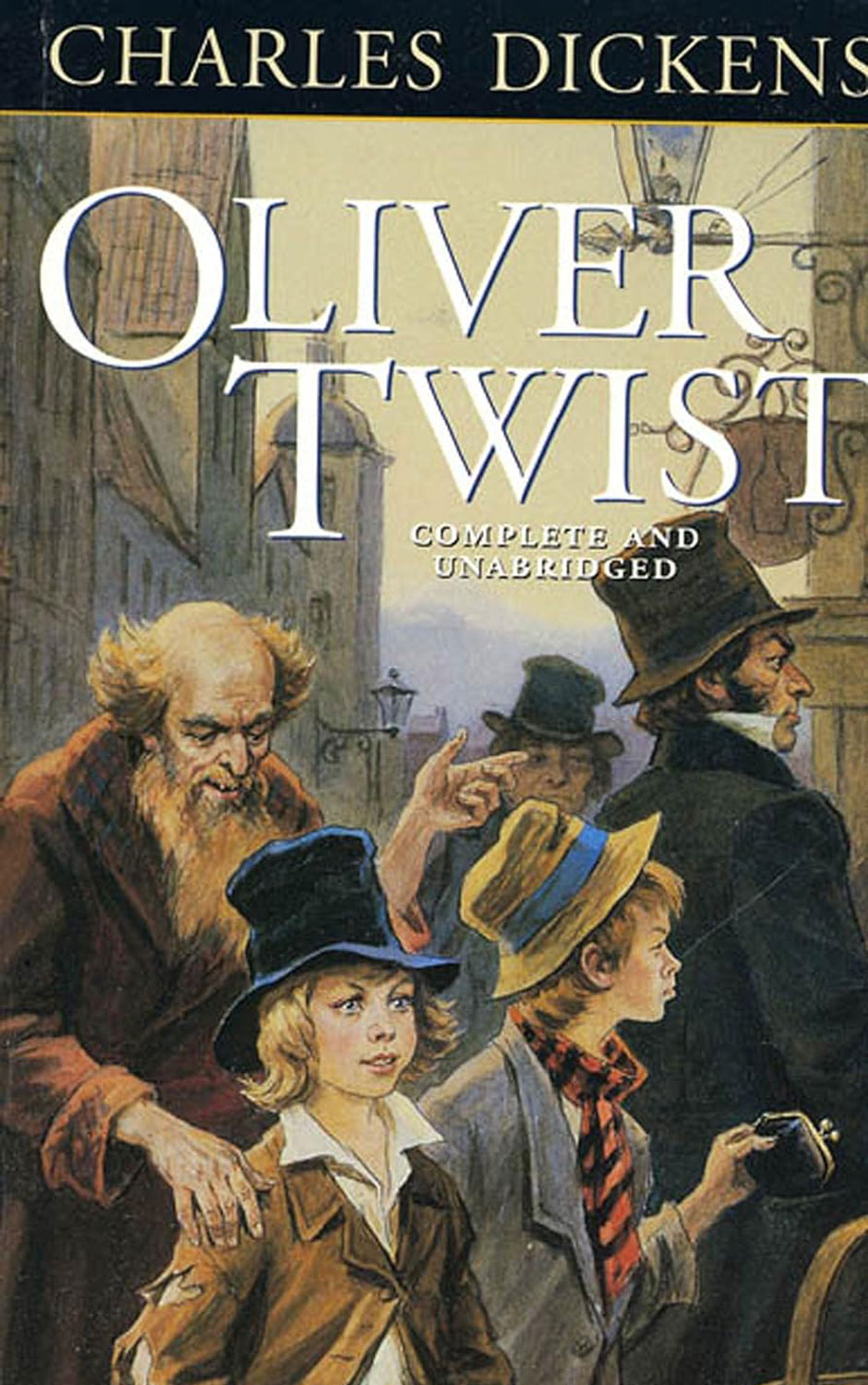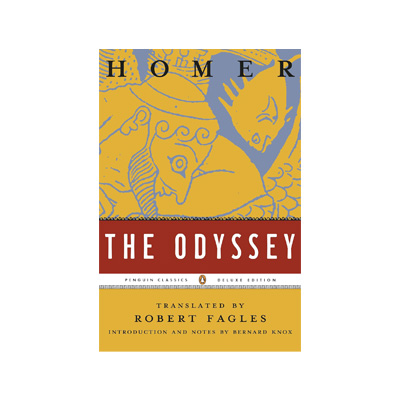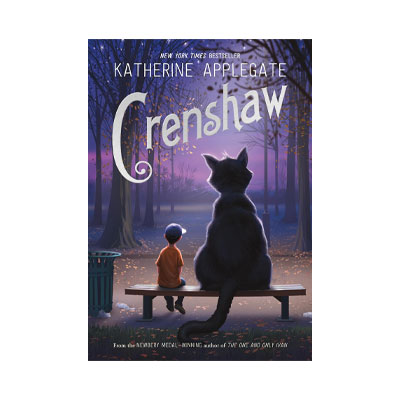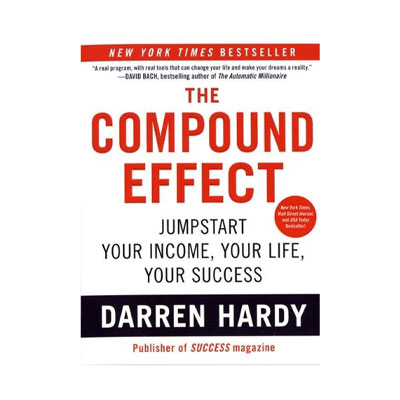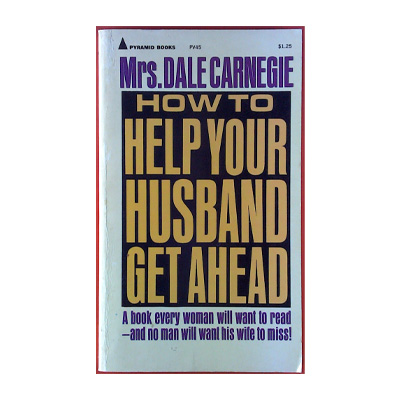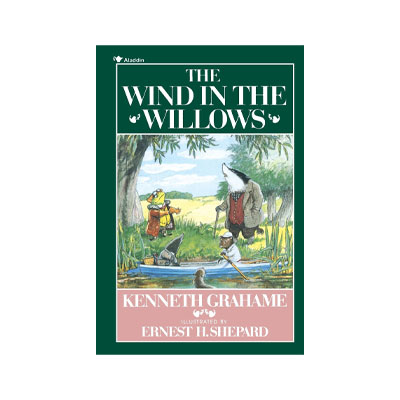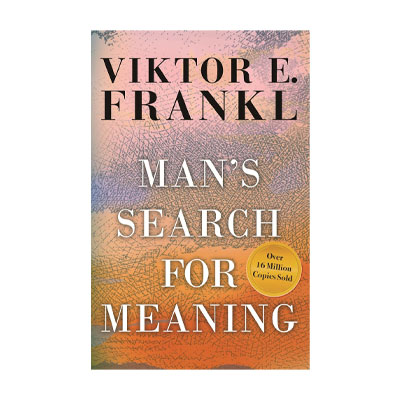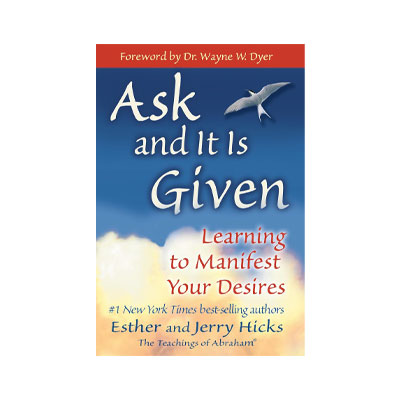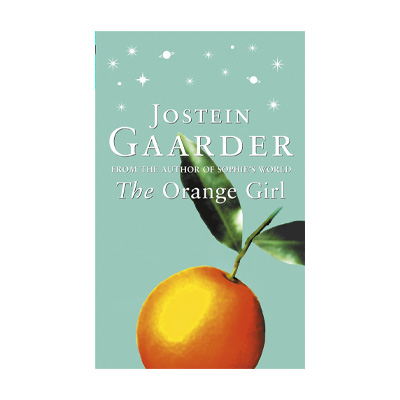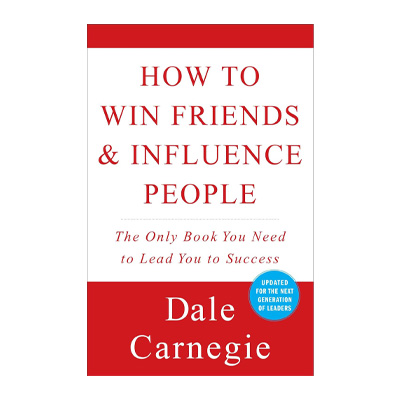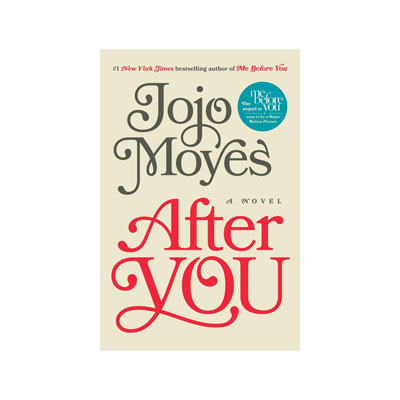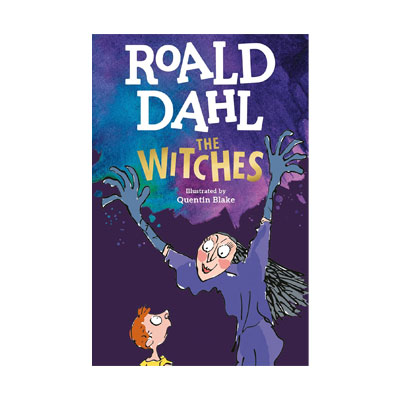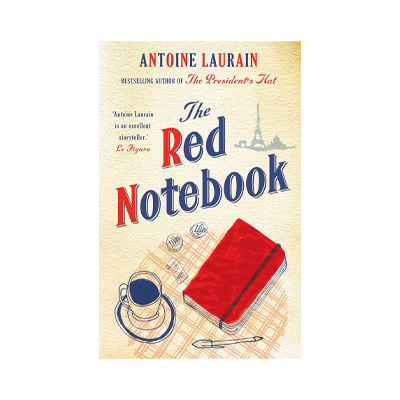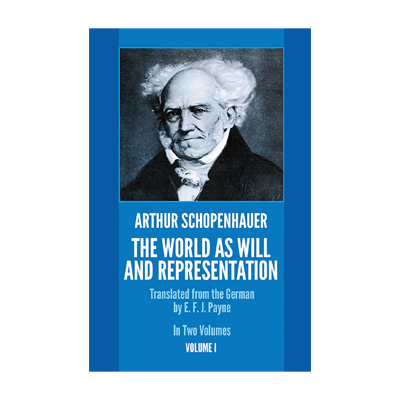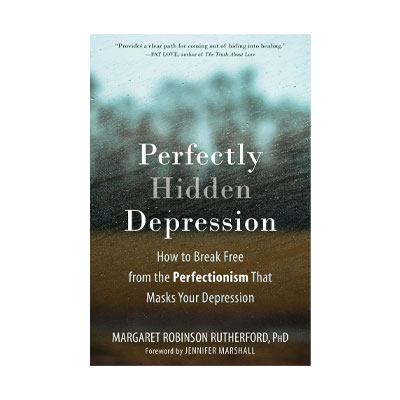Book Summary
Oliver Twist is one of the most famous novels in the history of world literature, written by the renowned English author Charles Dickens. He first published it as his second novel in a monthly magazine from 1837 to 1839. In those years, the book was also published in Great Britain and has since become one of the best-selling novels. The story of the book simultaneously encompasses the realities of English society at that time, where orphanages did not provide suitable conditions, and the childhood of many people, including Dickens, formed.
The name of the main character of the story, as the title of the book suggests, is Oliver. He is an orphan boy who decides to escape from the city where he lives after being sold to an undertaker by the orphanage and make suitable conditions for himself. However, in the middle of his journey, he meets a pickpocket boy whose boss is a Jewish old man living in London.
The pickpocket boy takes Oliver to the Jewish old man to teach him pickpocketing against Oliver's will. After some interactions, Oliver is arrested without committing any crime and, as his accuser is a reasonable person, takes care of him at his house. Unfortunately, Oliver's misfortune continues, and he is kidnapped again by those same thieves who intended to teach him how to steal to help them in a big theft.
As predicted, this big theft does not bring pleasant events for him, and he is severely injured by a gunshot. In this condition, he is accepted by the people from the same house where the theft was supposed to take place to take care of him. The discovery of a person with the pseudonym Monks who turns out to be Oliver's brother and wants to kill him shapes other events that require interested readers to read the complete book.
About the Author
Charles John Huffam Dickens was an English writer born on February 7, 1812, in Portsmouth. He was the second of 8 children and had wealthy parents. He received education at a private school named William Giles for a while, although the family's prosperity improved for a while after a period but then diminished after receiving an inheritance from his father's family. However, he worked as a law clerk at Ellis and Blackmore. Some of his popular works include "David Copperfield," "Bleak House," and "Great Expectations." He finally passed away on June 9, 1870.
Who Should Read the Book?
This book is generally suitable for teenagers who know reading as their interest and are interested in such works. Also, lovers of Dickens' writings who have always followed his works are recommended not to miss this very well-known work.
Table of Contents
The very famous and popular book "Oliver Twist" is classified by Charles Dickens into more than 100 pages in 4 chapters, each of which is divided into smaller subcategories. Chapters with these titles:
- The Birth and Childhood of Oliver
- A New Period in Oliver's Life
- Monks
- The London Bridge
